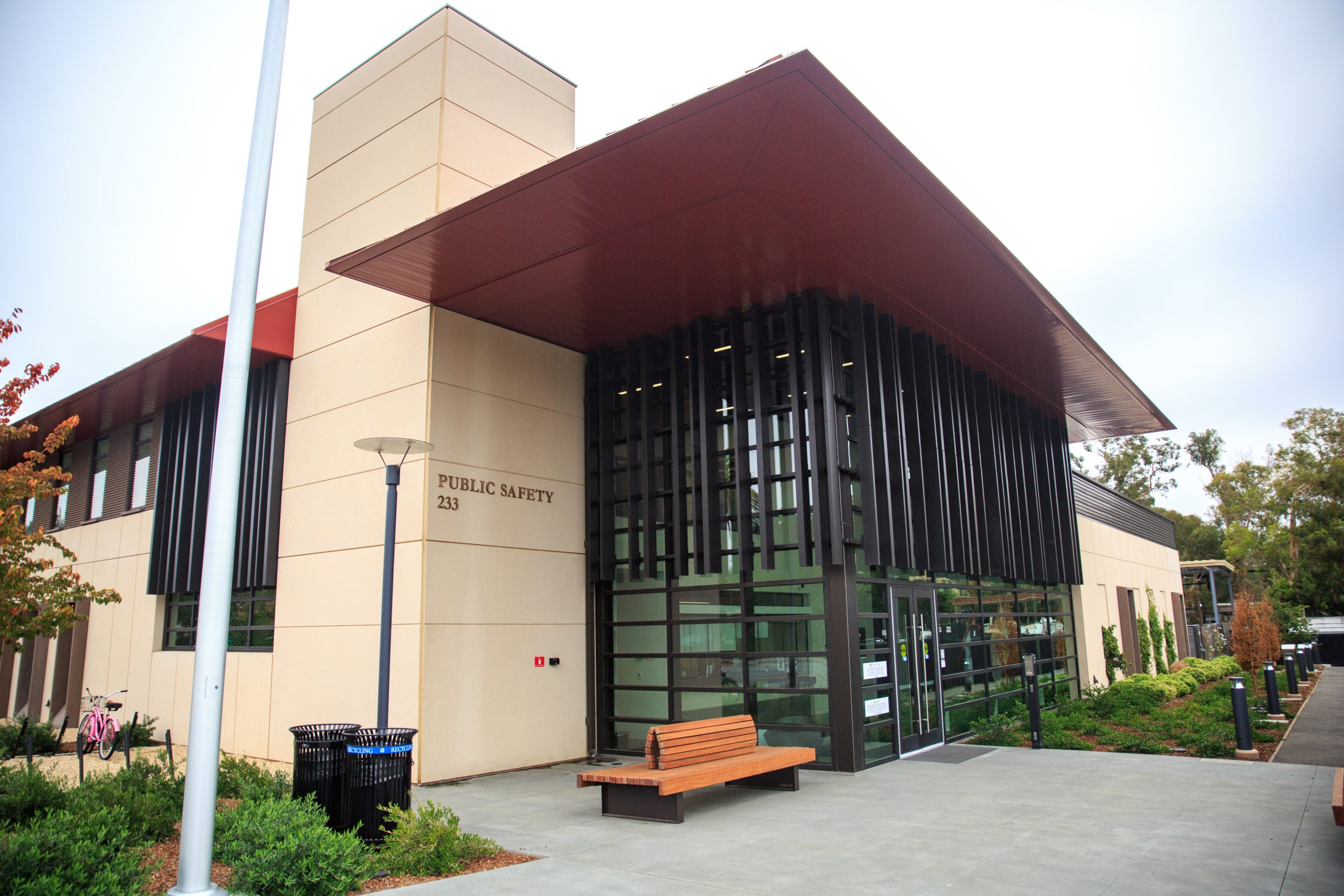On Nov. 19, Stanford student King Vanga lost a defamation lawsuit against a family member of two people he killed in a 2021 car accident.
The lawsuit claimed letters written by defendant Priscilla Juarez to Stanford — where Vanga was then an undergraduate — were defamatory. Juarez sent the letters after the accident, which resulted in the death of the defendant’s mother Pamela Juarez and father-in-law Jose Juarez.
According to Vanga’s LinkedIn account, he was originally a student at Stanford from 2019 to 2023.
In his complaint, Vanga stated Juarez’s letter falsely characterized him as a “murderer,” falsely accused him of violating Stanford’s Code of Conduct and falsely suggested he was intoxicated during the accident.
In the decision, the court reasoned that Juarez’s statements calling Vanga a murderer and saying he violated the University’s code of conduct were opinions which are protected free speech under the First Amendment. The court also decided her claims that Vanga was intoxicated were not defamatory because of police reports and news reports at the time she wrote the email.
On June 25, 2021, Vanga was involved in a car accident in Atwater, California, which resulted in the deaths of Jose and Pamela Juarez. Vanga was charged with two counts of gross vehicular manslaughter while intoxicated, resisting an executive officer, attempting to take a peace officer’s firearm and battery upon a peace officer. Vanga pleaded not guilty to these charges.
Vanga allegedly declined a breathalyzer test at the scene, according to the law enforcement officer who responded to the accident. Still, the officer claimed that Vanga was under the influence. According to the police report, the officer “detected a strong odor of alcoholic beverage emitting from [Vanga’s] breath and person and observed his eyes were red.”
The media stories that circulated in the subsequent days also stated Vanga had been under the influence of either drugs, alcohol or both, as per law enforcement reports quoted within the case.
This prompted Priscilla Juarez and multiple other family members to write emails and letters to Stanford. In her email, she wrote she hoped the University would “take proper action in dismissing this man as an active student of [the] morally prestigious institution.”
Priscilla Juarez’s attorney Kenneth White ’91 told The Daily that Priscilla Juarez never received a response from the University regarding her email. According to White, the University informed Vanga they were looking into the matter, but there was no evidence he was disciplined as a result. Vanga is listed as an undergraduate student in computer science and a graduate student in management science and engineering on the Stanford directory.
The Daily has reached out to the University for comment.
In December 2021, Vanga threatened to sue Atwater police and California Highway Patrol for alleged mistreatment and false accusation of a DUI. Vanga alleged he was punched, kicked and tased twice by responding officers. Meanwhile, blood samples from the night of the accident showed no presence of drugs or alcohol.
Priscilla Juarez learned of the blood analyses in March 2023. The criminal complaint was eventually amended from two counts of gross vehicular manslaughter while intoxicated to two counts of vehicular manslaughter. His criminal prosecution case has yet to take place.
The defamation lawsuit arose after Vanga was granted access to his Stanford student files in October 2022, where he viewed the letters Priscilla Juarez and other family members wrote to the school. In 2023, he filed the lawsuit against Priscilla Juarez, stating he would withdraw the lawsuit if she removed any online statements she had published referencing Vanga, which may refer to an X account seemingly run by members of the family vying for justice for Pamela and Jose Juarez. Additionally, the lawsuit stated he would withdraw it if Priscilla Juarez agreed not to make any future statements about Vanga and refrained from further encouraging his criminal prosecution, as per an article White wrote on the matter.
In response, White filed an anti-SLAPP motion. Anti-SLAPP motions — Strategic Lawsuit Against Public Participation — are motions to dismiss a lawsuit that violates a defendant’s right to free speech. Anti-SLAPP motions also entitle the defendant to attorney fee compensations if they win, to help prevent the use of lawsuits to intimidate people.
“There’s a trend where rich people think that the poor should only have as much free speech as they can afford,” White said. “And that to me, [that’s] what this case was about, and that’s why I’m glad we have a tool like the anti-SLAPP statute.”
The case was decided on Nov. 19, in favor of Priscilla Juarez.
The Daily has reached out to Vanga and his attorneys for comment.
Priscilla Juarez and White are now in the process of receiving compensation for their attorney fees. Vanga has also filed defamation lawsuits against other family members of the deceased in-laws, which have yet to be tried.
“Every case is a little different because every case is based on what that defendant said in their letter [to Stanford],” White said about the other lawsuits Vanga has filed. “But in my view, [Priscilla Juarez’s family members] should be very optimistic based on this result.”
